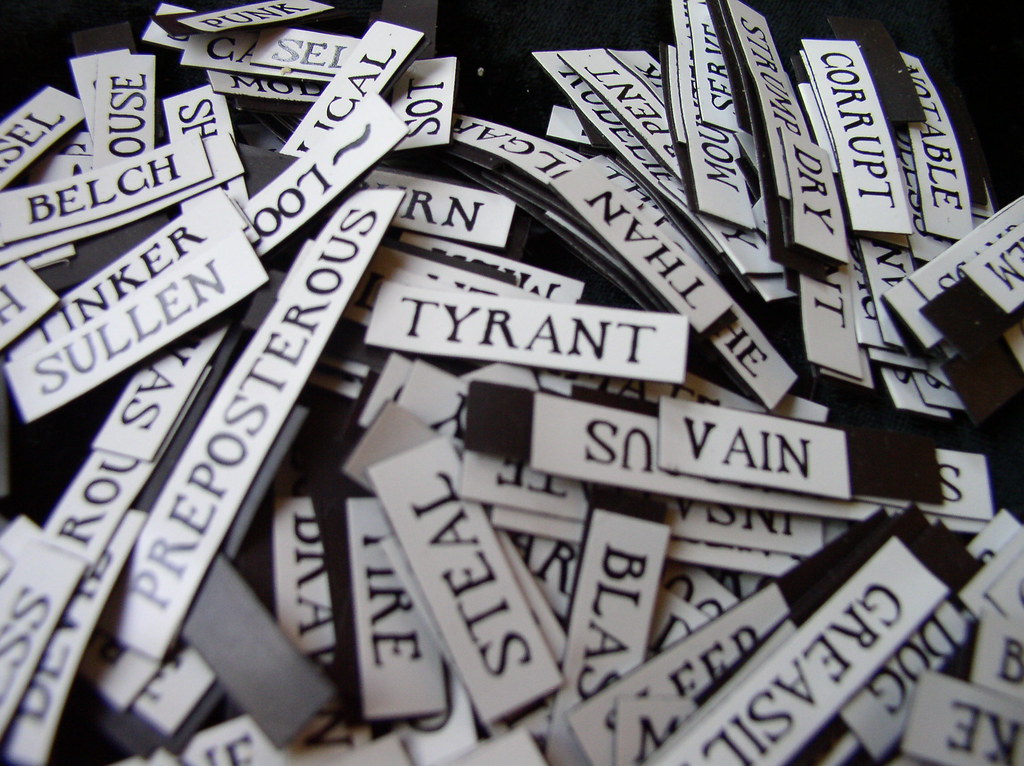
Introduction: The Bard and the Teens
When we think of Shakespeare, our minds often drift to tragic love stories, complex characters, and poetic soliloquies. But what if I told you that the Bard was also the original language disruptor? Shakespeare didn’t just write plays that have stood the test of time; he also introduced a wave of slang and colloquial expressions that resonate even with today’s teenagers. Let’s dive into how Shakespeare shaped the way we speak and how his influence can still be felt in the slang of modern youth culture.
Shakespeare’s Creative Wordplay
One of the most remarkable aspects of Shakespeare’s work is his playful use of language. He was a master of inventing words and phrases that not only captured the essence of his characters but also reflected the culture of his time. His creativity was not just limited to new words; he also transformed existing words into something fresh and exciting. For instance, he coined popular terms like “eyeball,” “gossip,” and “swagger.” These words have transcended centuries, proving that the Bard was ahead of his time, much like the teenagers who often push boundaries and create new forms of expression.
The Birth of Slang
Before delving further, it’s crucial to understand what slang is. Slang consists of informal, often short-lived terms that arise within specific communities or subcultures. Teenagers, as we know, are notorious for their ever-evolving slang. The language they use often reflects their experiences, desires, and social dynamics. Shakespeare’s plays were filled with the slang of the Elizabethan era—terms that were vibrant and sometimes provocative. He seemed to have an innate understanding of how language could shape identity and foster community.
Shakespeare’s Influence on Teen Identity
Teenagers often use language as a means of establishing their identity and creating a sense of belonging among their peers. Shakespeare did something similar in his works, introducing characters who often challenged societal norms, spoke in unique dialects, or used clever wordplay to assert their individuality. Characters like Mercutio from “Romeo and Juliet,” with his playful banter and humorous quips, can certainly be seen as the archetype of a witty teenager today. He embodies the kind of spirit that resonates with youth, full of energy and defiance.
Popular Phrases Born from the Bard
Let’s explore some popular phrases and words that originated from Shakespeare’s pen. These phrases have found their way into the everyday vernacular and continue to be used by teenagers today.
“Break the Ice”
This phrase, meaning to initiate conversation or ease tension in a social situation, comes from Shakespeare’s play “The Taming of the Shrew.” The character Petruchio uses it to describe the act of making a connection. Today, teens use it to describe everything from awkward first dates to getting to know new classmates.
“Catch a Cold”
Shakespeare first penned this phrase in “Hamlet,” and it has become a staple in everyday conversation. It perfectly captures how teenagers casually reference getting sick and how they may exaggerate their maladies for dramatic effect.
“The World is Your Oyster”
This expression, originating from “The Merry Wives of Windsor,” suggests that opportunities abound, and one can achieve anything they desire. It’s the ultimate motivational mantra for teens, who often feel the weight of the world’s expectations on their shoulders and seek to carve their paths.
“In a Pickle”
In “The Tempest,” Shakespeare used this phrase to convey being in a difficult situation. Today, it reflects those classic teen dilemmas—getting caught in a lie, facing tricky social situations, or dealing with unexpected consequences.
Slang and the Evolution of Language
Language is a living entity, constantly evolving. Shakespeare’s contribution can be seen as a precursor to how slang operates today. Just as he adapted the language of his time to suit his purposes, modern teenagers morph existing words to create something fresh and relatable. Consider how terms like “lit” (meaning exciting or excellent) and “fam” (short for family or close friends) have emerged from the cultural zeitgeist, much like Shakespeare’s inventive terms.
The Relevance of Shakespeare in Popular Culture
Even beyond the scope of language, Shakespeare’s themes continue to resonate with teenagers today. Love, betrayal, ambition, and identity are all universal issues that transcend time. Many modern films, songs, and books draw inspiration from Shakespearean plots or characters, illustrating the Bard’s lasting influence. When teens engage with these adaptations, they are not merely consuming entertainment; they are participating in a conversation that has spanned centuries.
Shakespeare as a Teenager
Imagine a young Shakespeare navigating the streets of Stratford-upon-Avon. What would he have experienced as a teenager? Much like today’s youth, he would have faced social pressures, familial expectations, and the quest for identity. Perhaps he would have found solace in the friendships he forged or the creative outlets he pursued. It’s intriguing to consider that the same youthful angst and exuberance that inspired his works is still present in today’s teenagers, demonstrating a continuity of experience.
The Role of Shakespeare in Education
In today’s educational landscape, Shakespeare is often seen as a challenging figure to teach. Yet, the very elements that make his works complex—his rich language, intricate plots, and vivid characters—also make them relevant to teens. By incorporating relatable discussions about slang, identity, and cultural relevance, educators can spark interest in Shakespeare’s works. Instead of viewing his plays as dusty relics, students can explore them as vibrant texts that speak to their own experiences.
Conclusion: A Lasting Legacy
Shakespeare’s influence on language, particularly in creating slang and shaping how we communicate, cannot be overstated. His innovative spirit and ability to connect with the youth of his time have left an indelible mark on the English language. As teenagers continue to find their voices and develop their slang, they can look back to the Bard as a kindred spirit—a fellow disruptor of language who dared to challenge norms and express individuality through words.
So, the next time you hear a teenager drop a phrase that seems to come out of nowhere, remember that they’re continuing a legacy that began over 400 years ago. Shakespeare may have been a playwright, but he was also a linguistic pioneer, crafting a tapestry of words that resonates across generations. Whether in the halls of a high school or the pages of a play, the spirit of the Bard lives on, encouraging us all to embrace our unique expressions and reshuffle the language of the times.

